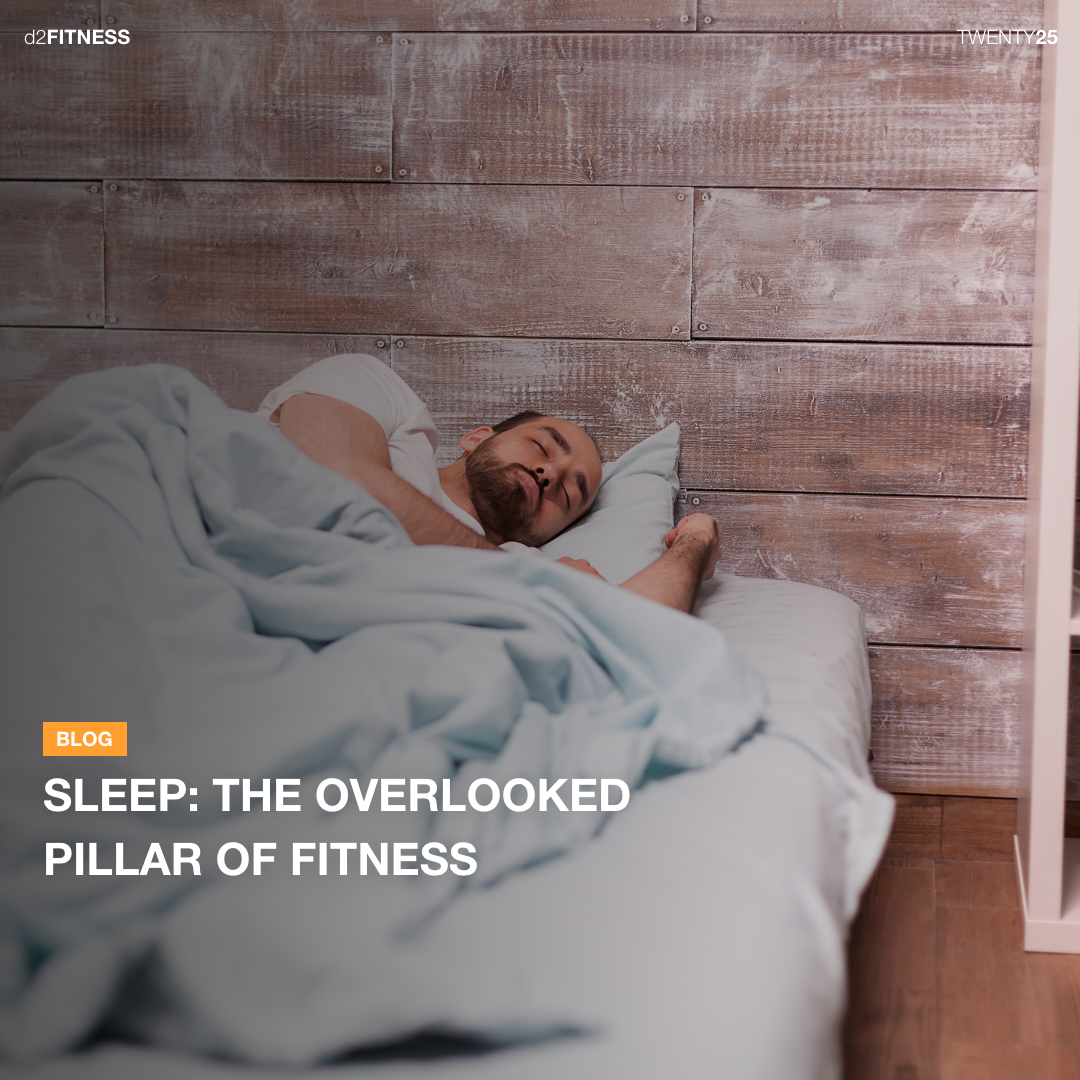We track our workouts. We log our macros. We chase personal bests.
But the real secret to strength, fat loss, and recovery might be something far simpler: sleep.
Lately, I’ve been struggling to get a full night’s rest. Everyone says “get eight hours,” but is that really the magic number? The answer, backed by research, is far more personal—and surprisingly flexible.
Why Sleep Matters for Training
Sleep isn’t just downtime; it’s the prime time for repair.
💪 Muscle Recovery & Growth
During deep sleep, growth hormone surges, rebuilding the microtears created by tough workouts.
🏃 Performance Gains
A Stanford study found college basketball players who extended their sleep to 10 hours improved sprint times and shooting accuracy by 9%.
⚡ Fat Loss & Metabolism
Adults sleeping fewer than 7 hours are 30% more likely to gain weight compared to those getting 7–9 hours (CDC data).
🩹 Injury Prevention
Athletes logging under 6 hours of sleep were 1.7 times more likely to suffer injuries in practices or games.
Is Eight Hours Really “The Number”?
The National Sleep Foundation recommends 7–9 hours for adults, but that’s a range, not a rule.
- Heavy Training Days: After high-volume lifting or long runs, many athletes thrive closer to 9+ hours.
- Lighter Days: Recovery needs may drop to around 7–8 hours.
The true sweet spot is personal—it’s about how you feel and perform, not just a clock.
Signs You Might Need More Sleep
Listen to your body’s cues:
- Persistent soreness even after rest days
- Plateauing strength or slower run times
- Cravings for sugar or late-night snacks
- Irritability or lack of training motivation
If any of these sound familiar, your body may be asking for an earlier bedtime.
Simple Ways to Sleep Smarter
🕒 Consistency is King
Go to bed and wake up at the same time—even on weekends.
🌙 Wind-Down Ritual
Light stretching, reading, or deep breathing signals it’s time to power down.
❄️ Cool & Dark Environment
A room around 65–68°F promotes deeper, more restorative sleep.
🚫 Fuel Smart
Skip heavy meals, late caffeine, and evening alcohol when possible.
The Takeaway
Eight hours is a solid goal—but it isn’t gospel. Some lifters thrive on 7.5, while endurance athletes may need closer to 9.
Track your sleep, mood, and workout performance to uncover your personal recovery blueprint.
Because when it comes to building strength and staying healthy, sleep isn’t part of the recovery process—it is the recovery process.

